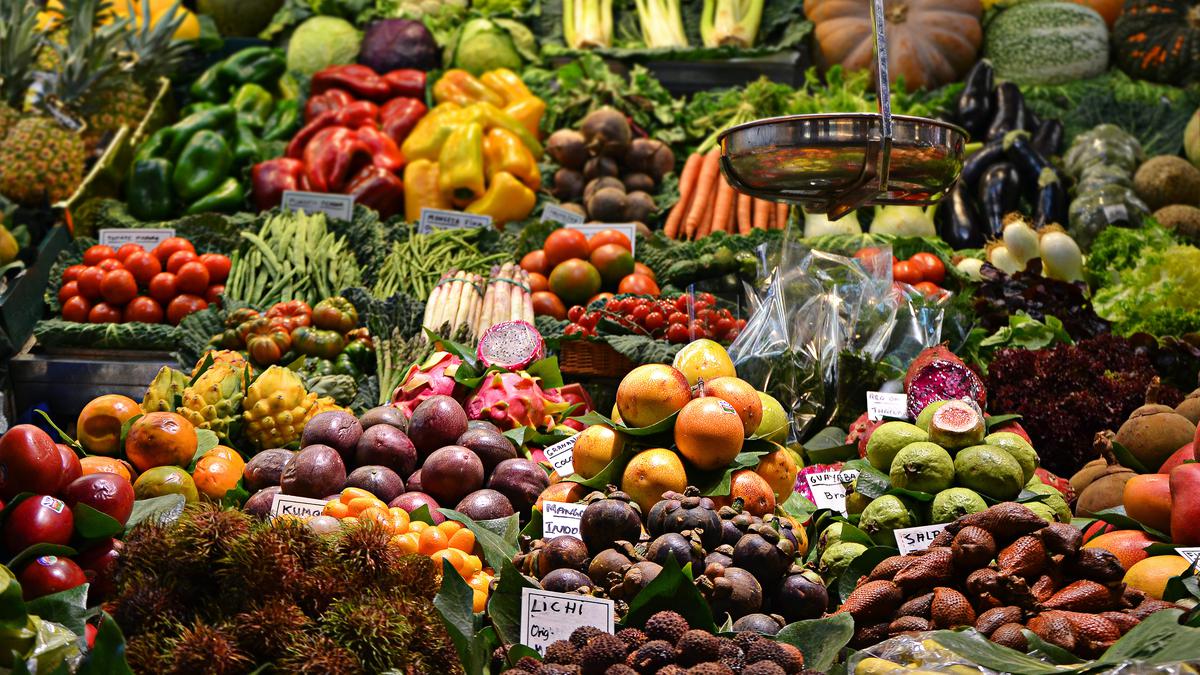
Who’s responsible for the environmental impact of what we eat? Premium
The Hindu
Consumption-based accounting accounts for impacts at the point of consumption, attributing all the social and environmental impacts that occurred during production and trade to the final products and to the eventual consumers. That is, the approach urges the consumer to accept responsibility for the embodied or ‘virtual’ impacts of the product that is being consumed.
The ever-increasing demand for agricultural products is leading to significant social and environmental consequences worldwide. The expansion of international trade has created global supply chains, directly linking consumers to geographically-distant impacts, including carbon emissions, biodiversity loss, freshwater depletion, soil degradation and labour-rights issues – all of which have local, regional, and global relevance.
Due to its vast size and consumer market, India is a global anchor of the trade in agricultural products. It has also undergone remarkable social and economic development over the last several decades. This has led to an increasing demand as well as supply of these products.
Large land areas in India are used to service the international demand for grains, fruits, and vegetables, among other products, which puts pressure on national soil and water resources. At the same time, India’s vast consumer market means that large amounts of land, even outside its borders, are used to satisfy domestic demand.
The expansion of such imports has contributed to increasing the environmental pressure in the exporting countries. Recent studies have shown that a substantial share of the total ecological impact is due to the displacement of environmental damage through international trade.
Tackling these demand-supply dynamics is now a key aspect of international environmental governance and represents a great challenge in achieving the U.N. Sustainable Development Goals and other climate action and biodiversity conservation goals.
The current paradigm in measuring impacts and allocating responsibility is based on a production-based accounting method: it measures impacts in the place where the products are produced.
There are concerns about its limitations in managing ‘leaks’, fixing accountability, and ensuring equity and justice among producers and consumers.

Beyond Hyderabad is building a thriving community for arts, music, trekking and heritage enthusiasts
Beyond Hyderabad (BH) offers diverse experiences through curated events celebrating art, music, food, and heritage in Hyderabad.












